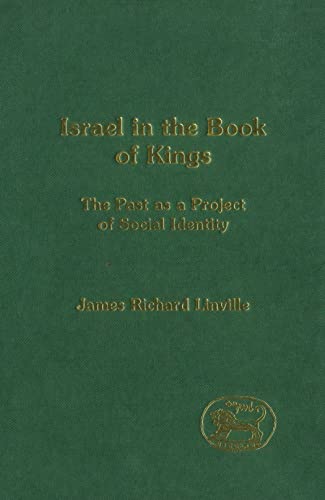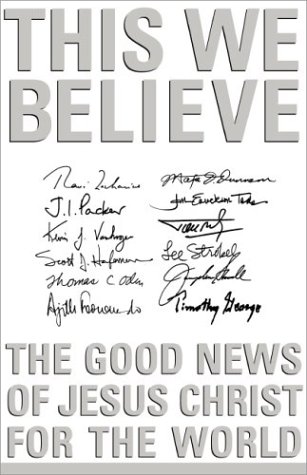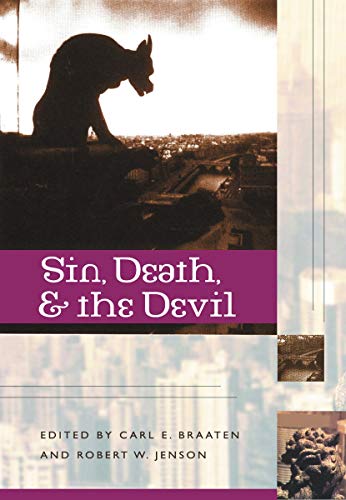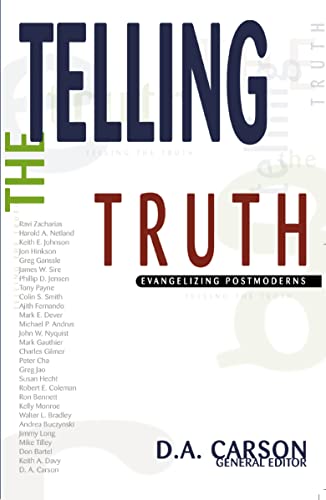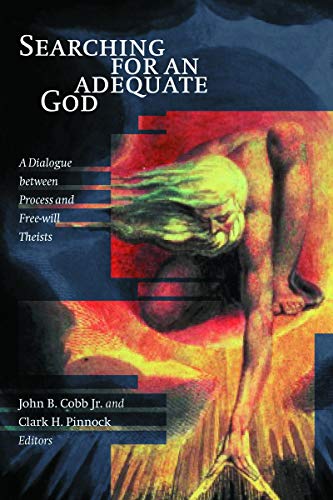Volume 26 - Issue 3
The Last Word
By Robbie F. CastlemanIt’s hard to be awe-struck any more. By anything. A hermeneutic of suspicion is applied to life.
In entertainment, what used to dazzle us at the movies is just wires, painted scenery and the blue or green screen. Computer enhancement is the new magician. We know it’s just a good trick.
In relationships, people just wait for disappointment. Brad Pitt gets married, but declares, ‘I’m not hung up on “happily ever after”. Go where you need to go.’ Pre-nuptial agreements replace the covenant.
In the church, Sunday morning services are designed to make people at home and comfortable, not holy and confronted. The mysterium tremendum is replaced by microphonic technology. We come boldly to the couch of Grace and plop on down next to the Almighty. No awe. No fear of the Lord. No transformation either.
Conformed to the world, the service (and I purposely avoid using the word ‘worship’ for both theological and exegetical reasons) is understood to be the best advertisement there is for attracting new members. In the denominationally unfettered USA, ‘church hopping’ is often normative. Getting your needs met is the key to how long you bond with a community. This is the unstated prenuptial agreement for being part of the Bride of Christ.
Annie Dillard in her book Teaching A Stone To Talk confronts this loss of awe when she writes,
Why do we people in churches seem like cheerful, brainless tourists on a packaged tour of the Absolute?… On the whole I do not find Christians, outside of the catacombs, sufficiently sensible of conditions. Does anyone have the foggiest idea of what sort of power we so blithely invoke?… We should all be wearing crash helmets. Ushers should issue life preservers and signal flares; they should lash us to our pews. For the sleeping God may wake some day and take offence, or the waking God may draw us out to where we can never return.
Returning reverence to the relationship we have with God can begin with the Christian scholar. We need to approach the study of God as ‘holy ground’ again. To be awe-struck again and again by the Truth and Grace of God is good for our souls as well as our studies. St. Bonaventure wrote the following in the preface to his Handbook on Being a Rational Christian,
First, therefore, I invite the reader to the groans of prayer through Christ crucified, through whose blood we are cleansed from the filth of vice—So that we do not believe that reading is sufficient without unction, speculation without devotion, investigation without wonder, observation without joy, work without piety, knowledge without love, understanding without humility, endeavour without divine grace, reflection as a mirror without divinely inspired wisdom.
To those, therefore, predisposed by divine grace, the humble and the pious, the contrite and the devout, those anointed with the oil of gladness, the lovers of divine wisdom, and those inflamed with desire for it; to those wishing to give themselves to glorifying, wondering at, and even savouring God, I propose the following considerations, suggesting that the mirror presented by the external world is of little or no value unless the mirror of our mind has been cleansed and polished.
As you return to your studies and work, having finished this issue of Themelios, ask the Lord for the grace to marvel once again at the mystery of God revealed in Jesus Christ. Return boldly to the throne of Grace and be awe-struck by this privilege. Your desk, study, pew and sanctuary are holy ground.
Robbie F. Castleman


